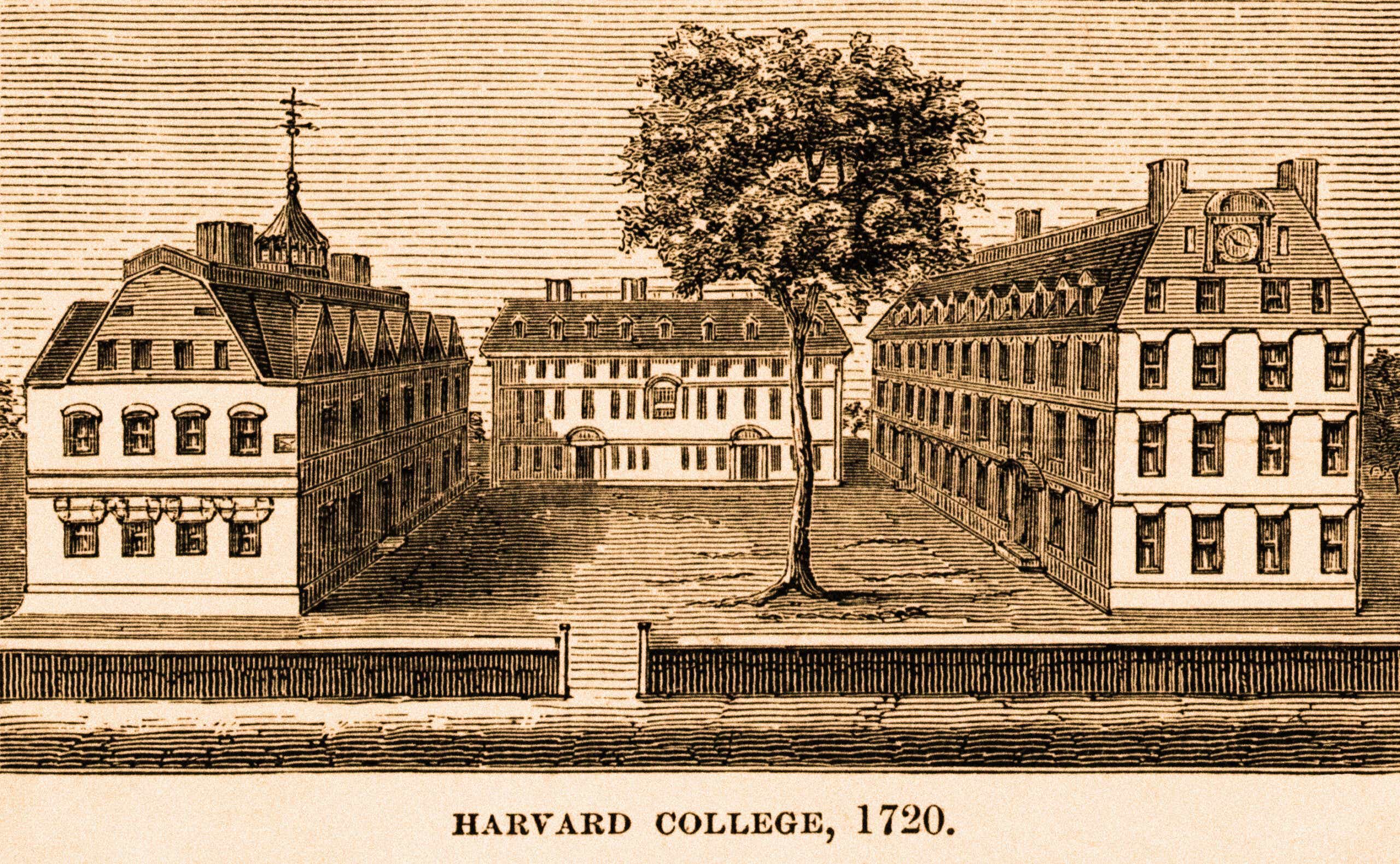In recent years, a number of academic institutions have taken a hard look at their legacies when it comes to slavery, and one of the world’s most prestigious institutions has been no exception.
On Tuesday, Harvard University announced a $100 million endowment fund to make amends for its own past racial injustices.
“Harvard benefited from and in some ways perpetuated practices that were profoundly immoral,” Harvard president Lawrence S. Bacow said in a statement. “Consequently, I believe we bear a moral responsibility to do what we can to address the persistent corrosive effects of those historical practices on individuals, on Harvard, and on our society.”
The latest pledge was part of a long-awaited report from the Presidential Initiative on Harvard & the Legacy of Slavery, which was commissioned by Dr. Bacow in 2019. We break down details of what you need to know, and how other universities are confronting their own legacies.
What were the report’s key findings?
The university disclosed that presidents and faculty members previously enslaved more than 70 Black and Native American people during the 17th and 18th centuries. Many of them are only identified by their first names, including a man known only as “The Moor,” who served the college’s earliest students.
It also revealed that the university benefited from slave-generated wealth. In fact, more than one-third of donations to the school during the first half of the 19th century came from five men who made their fortunes from slavery. But that’s not all: The school was also home to many intellectuals who pushed racist theories like eugenics throughout the 19th and 20th centuries.
What were the report’s recommendations?
The committee’s recommendations include working to improve educational opportunities for the descendants of Black and Native American enslaved people, and partnering with historically Black colleges and universities. The committee also advocates for honoring enslaved people through university memorials, research, and curriculum.
A member of the committee, Dr. Sven Beckert, deemed the scope of the project unprecedented: “It is certainly the most significant response that any institution of higher education anywhere in the world has formulated in response to its entanglement in slavery.”
How are other universities responding?
The report on Harvard comes as several other universities, including Georgetown and University of Virginia, have confronted their own ties to slavery through similar funds and reports.
Brown University is credited with starting this examination after it authorized a project in 2003 that led to a report exploring its own involvement with the slave trade. Since then, more than 80 colleges and universities in the U.S., Canada, and Britain have followed suit in digging into their own ties to slavery.









